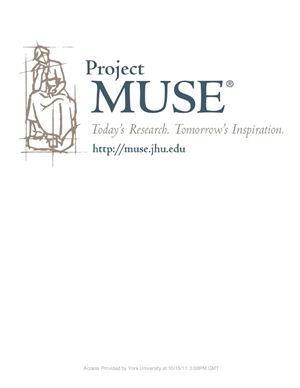Humanity Vol.2, Issue 1.
It is an understatement to say that the contemporary
inteational society of states is deeply divided. Despite
the happy consciousness of those who proclaimed the
end of history and the worldwide triumph of the liberal
democracy in the early 1990s, the legitimating principles
for domestic polities around the globe remain diverse. True,
the sovereign state form has been globalized in the aftermath
of decolonization and the collapse of the Soviet empire.
Yet we still inhabit a global pluriverse of 192 sovereign states
whose political cultures, organizational principles, and conceptions
of justice and legitimacy are diverse and at times in conflict with
one another.
It is an understatement to say that the contemporary
inteational society of states is deeply divided. Despite
the happy consciousness of those who proclaimed the
end of history and the worldwide triumph of the liberal
democracy in the early 1990s, the legitimating principles
for domestic polities around the globe remain diverse. True,
the sovereign state form has been globalized in the aftermath
of decolonization and the collapse of the Soviet empire.
Yet we still inhabit a global pluriverse of 192 sovereign states
whose political cultures, organizational principles, and conceptions
of justice and legitimacy are diverse and at times in conflict with
one another.

